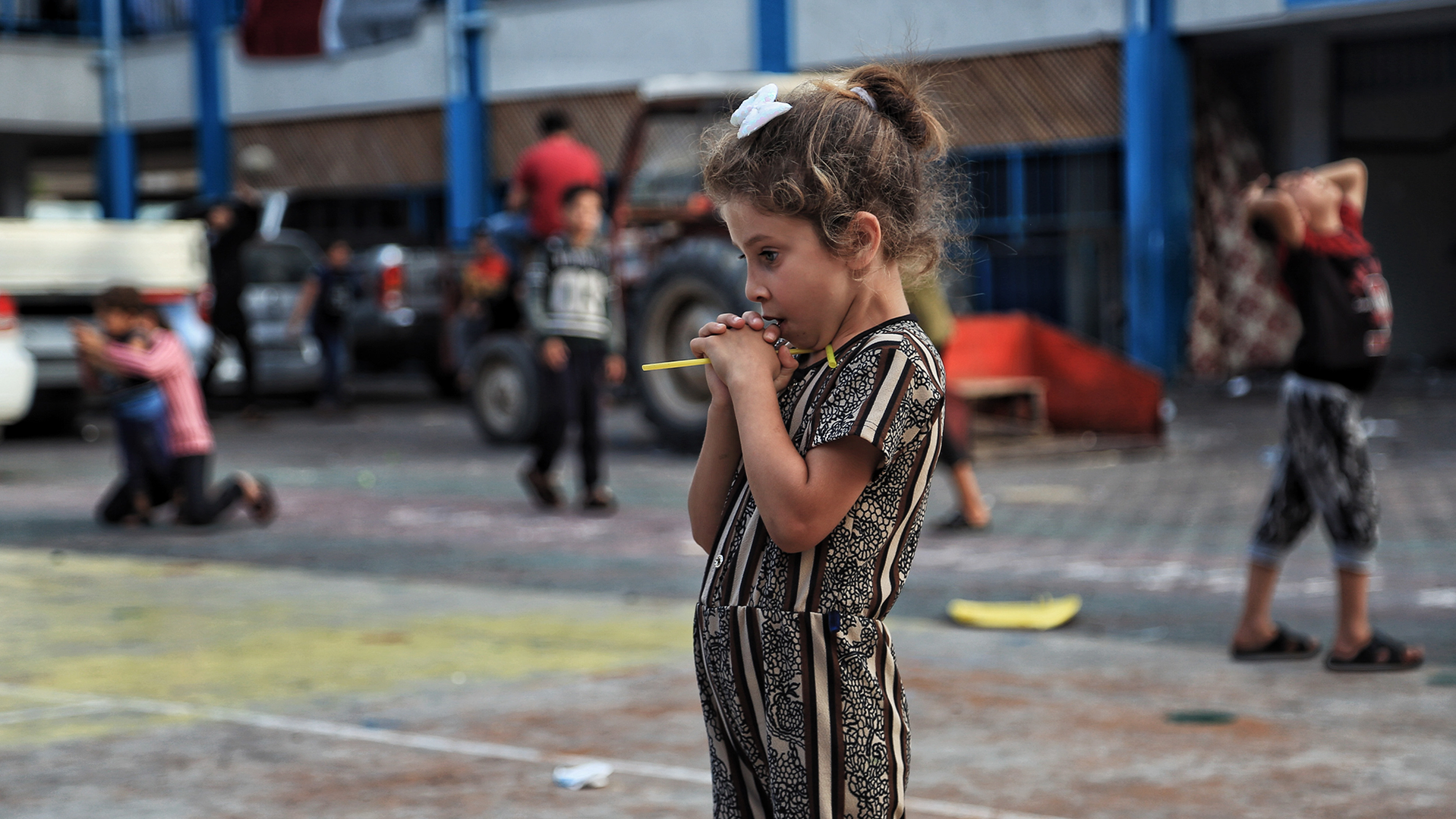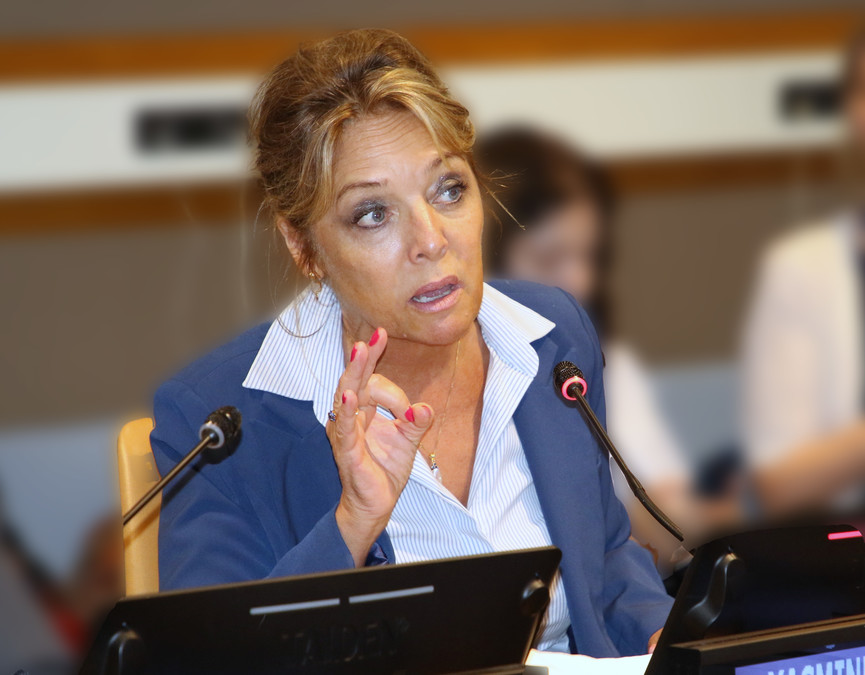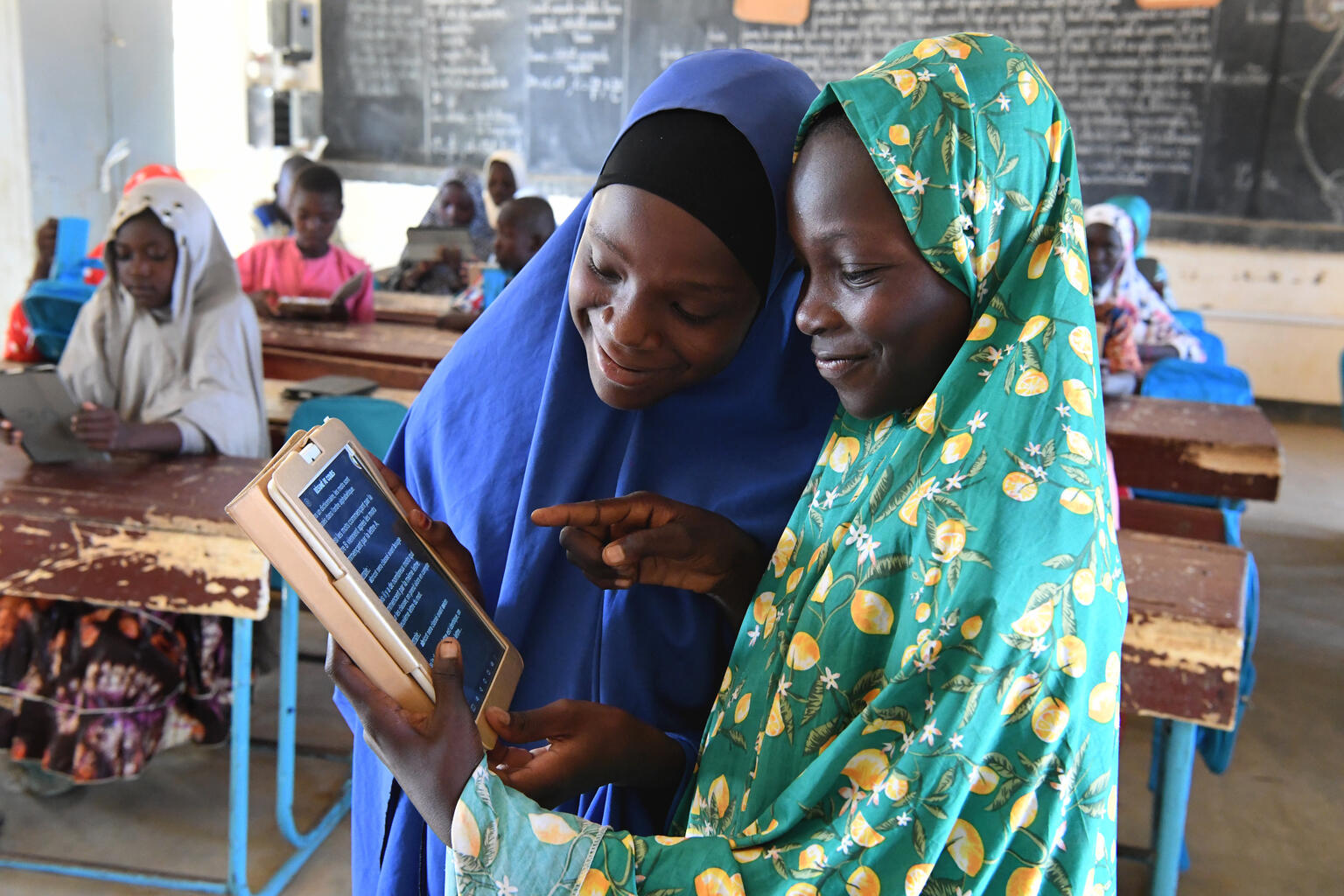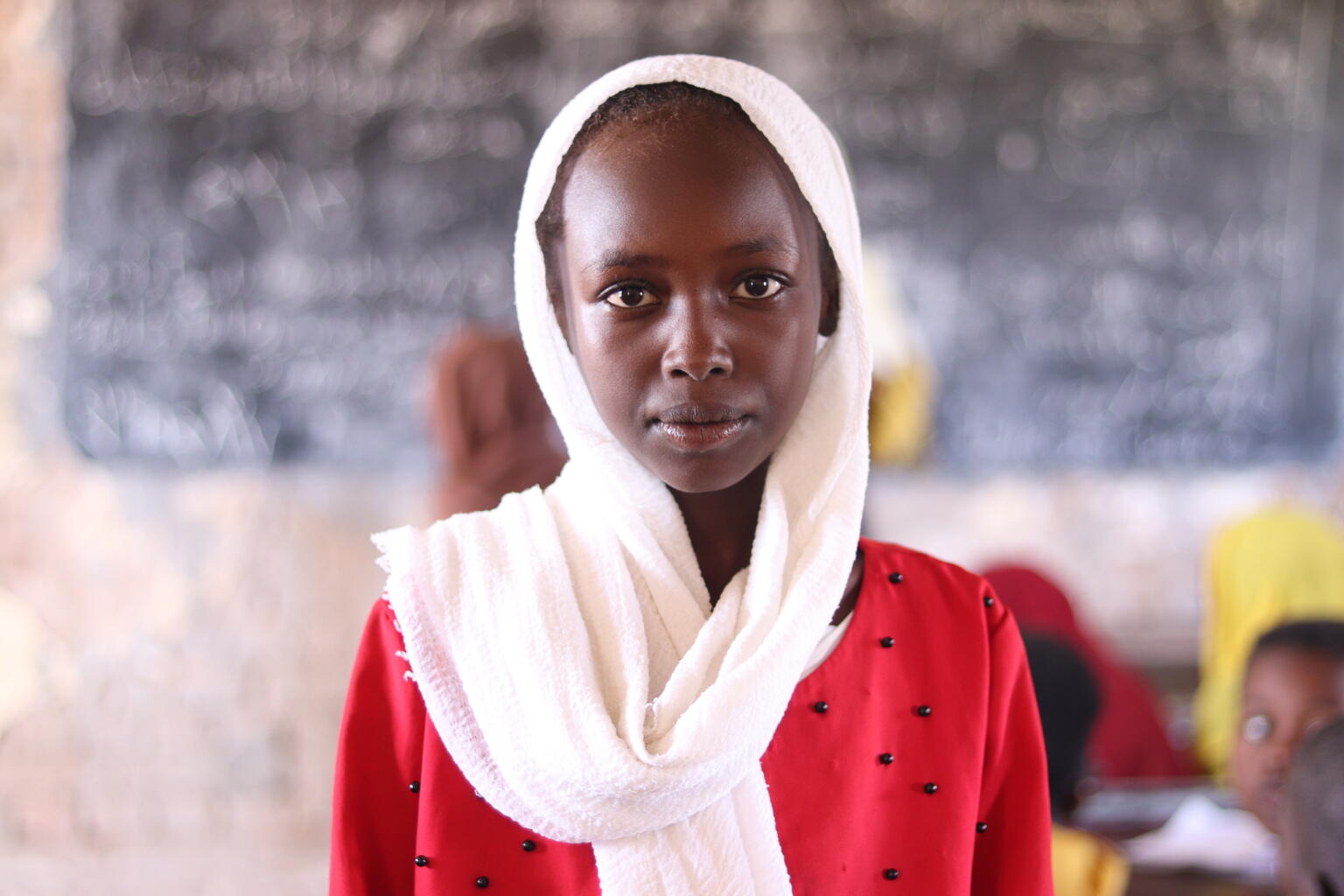A Crisis of Humanity

The UN Secretary-General has defined the crisis in Gaza not just as a humanitarian crisis, but rather as a crisis of humanity. According to UN Secretary-General António Guterres: “Gaza is becoming a graveyard for children. Hundreds of girls and boys are reportedly being killed or injured every day.” This continued trend of violence and disregard for international humanitarian law and human life has enveloped our world. According to UNICEF, at least 120,000 children have been killed or maimed by wars since 2005. On average, that is almost 20 lives lost every day. Furthermore, in her remarks to the UN Security Council on 30 October, UNICEF Executive Director Catherine Russell pointed out that ”… more than 420 children are being killed or injured in Gaza every day – a number which should shake each of us to our core.” By the time you finish reading this brief introduction, a child will have died from a bomb attack or an attack on a school or hospital. Children are not born with hatred and violence in their hearts. Either they are directly taught to hate or use violence, or they fall victims to hate and violence. “There are two common perspectives. The first is the idea that ‘violence begets violence’ and that children exposed to violence at a young age will grow up to be more violent adults. The second is the ‘resilience hypothesis,’ which asserts that coping in the face of violence is possible with the right support, thus mitigating its effect on quality-of-life outcomes,” according to analysis by the Harvard School of Public Health. Becoming a person of empathy and humanity starts during the formative years in childhood and adolescence. This is why early childhood education and a continued quality education are so crucial in preparing us for a fulfilled life, tolerant dialogue, and peaceful conflict resolution. Paolo Freire, the Brazilian educator and philosopher, stressed that the role of the educator (and parent) is to make it possible for the child and adolescent to become themselves. In this vein, he stated that “If the structure does not permit dialogue, the structure must be changed.” Every child needs encouragement and support to develop and be proud of their own identity. Every human being has a story to tell. Those who were not emotionally equipped to tell their story, I believe, are the most likely to resort to violence, to lack empathy or to commit acts of inhumanity. As Carl Jung said: “The reason for evil in this world is that people are not able to tell their stories.” A similar conclusion was made by Erich Fromm, who stated that “Destructiveness is the outcome of an unlived life.” This is the untold story. Now it shapes a world divided. The highest price is being paid by innocent children and adolescents. Instead of learning safely in school, telling their story and developing their potentials in preparation for life – millions are living in an inferno of inhumanity, where one of the most realistic options is simply to prepare for death. This is indeed a crisis of humanity.




